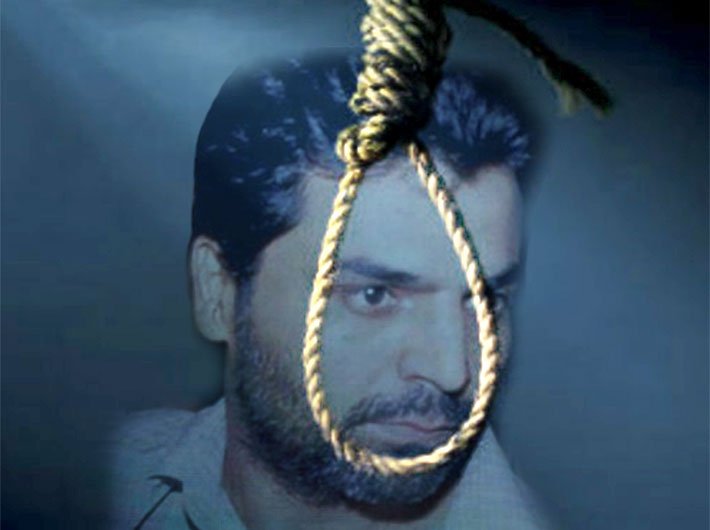Court number 4 of the supreme court, perhaps, for the first time in its many decades of existence was flooded with too much light and numerous anxious faces at 3 in the morning. It was unprecedented; and the lawyer community does not remember anything similar.
But then there were many firsts which punctuates the history of the case that was heard on Thursday morning in the highest court of the land. The court sealed the fate of Yakub Memon, one of the accused in the 1993 bomb blast case, after heated arguments that went for an hour and half.
Around 4.50 am, the special bench of the supreme court rejected the last plea taken by Memon’s lawyers to save him from gallows. The court held that staying the execution would be a ‘travesty of justice’ and held that there was no error in the issuing of the death warrant. Nearly two hours later he was hanged in Nagpur jail.
It was the case related to the first major terrorist attack that shook the financial capital of the country, Mumbai, in 1993. It was an attack which caused an irreparable loss to more than 250 families. It was the case in which a 11,000-page charge-sheet was filed, making a world record, and more than 100 people were convicted. It became a case in which the Indian judiciary choose to remain awake all night to ensure that justice was not denied, be it on procedural or substantive basis, and at the same time refused to buckle down under popular sentiments.
While numerous lawyers and public intellectuals argued against the death sentence, the fact remains that Memon was allowed to use all legal remedies available to him. After failing to get pardon from the president, Memon filed a series of petitions in the supreme court, a clemency plea to the governor of Maharashtra and a fresh petition seeking pardon from the president.
In July 2007 the special TADA court convicted Memon and awarded him the death sentence. In March 2013, the supreme court confirmed his death sentence. Following this, he filed an application for oral hearing of his review petition which was rejected by the supreme court in July 2013. Then he filed a writ petition as the issue of oral hearing of review petition against death sentence was being heard by the supreme court.
In April 2014 president Pranab Mukherjee rejected his mercy petition. On the other hand, supreme court, in June 2014 stayed his execution as a constitutional bench was hearing the appeal that review of death penalties to be heard in open court. In April after an open court hearing of the review petition started, the apex court rejected his petition.
Memon then filed a curative petition which was rejected this month. Memon’s lawyers filed a fresh petition challenging the dismissing of the curative petition which in turn was rejected by the apex court. Not leaving any stone unturned Memon’s counsel send a fresh mercy petition on Wednesday to president in Memon’s name. The earlier one was filed by Yakub’s brother.
The president rejected the mercy petition on the same day. Then Memon’s counsel filed a fresh petition in the apex court asking to stay the execution citing jail manuals that says that a convict should be provided 14 days’ time between rejection of the mercy plea and the execution of the death warrant.
The chief justice of India formed a special bench to decide the plea taken by the counsel at 9 pm on July 29. The hearing started at 3.30 am.
Counsels for Memon contended that the earlier mercy petition of 2014 was filed by his brother and the convict had substantive rights to file a fresh plea. At this point attorney general Mukul Rohatgi countered the argument calling filing of multiple mercy pleas as abuse of process.
Memon’s brother Tiger Memon is the prime suspect in the bombings. He was accused of financially assisting his brother and Dawood Ibrahim in planning and executing the bombings. Yakub was arrested in August 1994 by CBI who claimed that they nabbed him from the Delhi railway station while Memon claimed that he surrender in Nepal.
A new round of arguments in favour of Memon came up this month following the publication of an article by former top RAW official B Raman who called for clemency on the ground that he had cooperated with the investigative agencies. A section of people also believed that Yakub was made a scapegoat.
Memon used all the legal remedies available to an Indian citizen. He was held guilty by the court of law which followed both the ‘procedure established by law’ and the ‘due process of law’ – two cardinal principles of justice.
However, the supreme court refused to buckle down under the weight of civil society but did hold the hearing at 3 am, never heard in the judicial history of the world.

